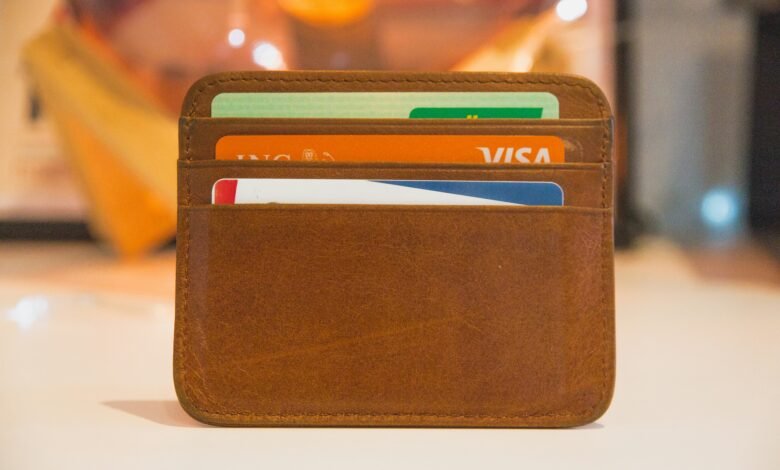The Impact of Credit Cards on Your Finances

Introduction
In an era where digital transactions are king, credit cards reign supreme. These powerful pieces of plastic have revolutionized the way we manage our finances, offering convenience, rewards, and financial flexibility. However, with great power comes great responsibility. The impact of credit cards on your finances can be profoundly positive or devastatingly negative, depending on how they are used.
The Power of Credit Building
One of the most significant benefits of credit cards is their ability to help you build a strong credit history. Regular use of credit cards, combined with timely payments, can improve your credit score. This, in turn, opens the door to better rates on loans and mortgages, making big purchases like homes and cars more affordable.
Reward Programs: A Double-edged Sword
Many credit cards offer rewards programs, which can be incredibly beneficial if used wisely. Cashback points towards travel and discounts on purchases can save cardholders a significant amount of money. However, the pursuit of rewards can lead some to spend beyond their means, leading to a buildup of debt that outweighs the benefits of the rewards earned.
The Temptation of Overspending
Credit cards make spending easy—sometimes too easy. With just a swipe or tap, you can purchase almost anything, often without feeling the immediate financial impact. This convenience can lead to impulse purchases and spending beyond one’s means, accumulating debt that can carry high-interest rates if not paid off in full each month.
The High Cost of Interest and Fees
Credit card debt is among the most expensive types of debt due to high interest rates. Failing to pay off the balance in full can lead to interest charges that significantly increase the cost of the purchases made. Additionally, late payments can result in hefty fees and damage your credit score, making future borrowing more expensive or complicated.
Navigating Financial Emergencies
Credit cards can be a lifeline in financial emergencies, providing access to funds when cash is not readily available. However, relying too heavily on credit cards for emergencies can lead to a precarious economic situation, where one is trapped in a cycle of debt that is difficult to escape.
FAQs
Q: How do credit cards affect my credit score?
A: Credit cards can have a positive impact on your credit score when used responsibly. This means making payments on time, keeping balances low, and opening only a few accounts at a time. However, missing payments or carrying high balances can hurt your credit score.
Q: Should I pay off my credit card balance in full each month?
A: Yes, you should always aim to pay off your credit card balance in full to avoid interest charges and maintain a good credit score.
Q: Are credit card rewards worth it?
A: Credit card rewards can be worth it if you use your card wisely and pay off your balance each month. However, it’s important not to spend more to earn rewards, as this can lead to debt.
Q: How can I avoid overspending with a credit card?
A: Set a budget and stick to it, monitor your credit card statements regularly, and consider setting spending limits on your card. Also, keep in mind that just because you have a credit limit, you should use only some.
Conclusion
Credit cards are a powerful financial tool that, when used wisely, can offer numerous benefits. They can help build credit, provide rewards, and offer convenience. However, the key to harnessing the power of credit cards without falling into a financial pitfall lies in responsible use. By understanding the impact of credit cards on your finances, you can make informed decisions that lead to economic health and stability.



